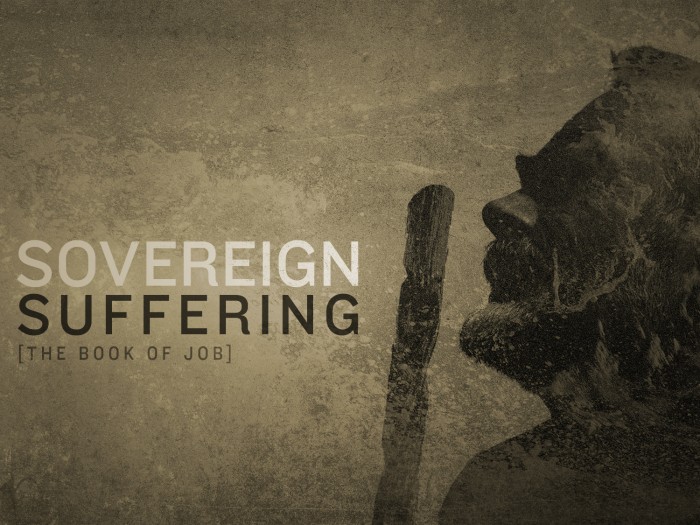There was a man in the land of Uz whose name was Job, and that man was blameless and upright, one who feared God and turned away from evil.
AN INTRODUCTION OF GREAT GODLINESS
We don’t know who wrote the book of Job, but whoever did had a very specific intent with the book’s first five verses. The main point of the text is that we see Job’s character is one of unimpeachable integrity. We won’t be able to make sense of what happens in the conversation between Satan and God and then what falls upon Job if we don’t see the fullness of his faithful character. A character which other parts of sacred Scripture herald. In Ezekiel 14:20 Job is mentioned, alongside Noah and Daniel, as “righteous.” Then Jesus’ half-brother James, in a passage we read earlier tonight, commends the steadfastness of Job. Character always counts, uniquely so in this story.
JOB’S GODLINESS
1:1 says, “There was a man in the land of Uz whose name was Job.” And this first sentence gives us a few key elements to the story: who and where. The Hebrew literally reads, “A man there was . . .” So this is a story about a human being, who lived in “the land of Uz.” Uz was probably next to Edom, near modern-day Jordan, which was outside the original promised land, reminding us that God is the Lord of all nations. One thing we are not told is when this story takes place. As best we can tell he was a contemporary of Abraham, Isaac, or Jacob. Which is why many scholars believe that Job was one of the first books in the Bible to be written. So what’s this man like?
Notice how 1:1 continues by saying, “that man was blameless.” To say he was “blameless” is not to say he was perfect, but it speaks to personal sincerity and integrity. It’s important for us to grasp, right from the outset, that blamelessness of Job. For a central theme of Job’s worthless counselors will be, “Your suffering is a result of your sin.” What Bildad proclaims as, “God will not reject a blameless man.” But we know something they do not: Job is blameless. So sin can’t be the cause of his suffering.
Additionally, Job is “upright”, a word which is closely related to righteousness and literally means “straight.” It gives us a sense of how he deals with people, fairly and justly.
Thirdly, Job is “one who feared God.” Here is the characteristic above all others, from the earliest of Bible books, which reflects the right tone of a sinner’s relationship to God. The fear of God has always been a preeminent feature of the people of God. It consists of reverence, awe, and submission and acknowledges God as the only supreme sovereign of the universe and thus everything must be done in reference to His greatness. I wonder what lies at the “affectional” center of your relationship with God. Do you have a central place in your life for the fear of God, for affectionate reverence as one old writer called it? If not, might you have lessened the great holiness of our Lord? Or, might you have lessened the heinousness of your sin against which God’s just holiness burns with an all-consuming fire? If that lessening of sin is true, let the final characteristic of Job challenge you, notice how 1:1 ends, Job also “turned away from evil.” To turn away from sin is to repent, so it appears as though Job walked through his days on the two spiritual feet of faith and repentance. Thomas Watson said faith and repentance are the two wings on which we fly to heaven.
GODLINESS SEEN BY ALL
This coming Saturday night, Lord willing, Emily and I will head out to Breckinridge, Colorado for our first vacation in about three years. We will head north up to Wichita, Kansas and then head due west for Denver. If you’ve ever driven that way you know western Kansas and eastern Colorado represent little more than the barrenness of Middle American plains. But in time distinguishing mountains burst forth on the horizon letting one know they’ve come to the Rockies.
The same thing is true of our life in Christ. God’s word says there are distinguishing marks of person who has been converted, when you see those marks you know you have come to a life redeemed by God. The genuine religion and righteousness of Job are revealed by his towering life of blamelessness, uprightness, fearing God, and shunning sin. If a good friend or loved one were to look at your life, what characteristics would they say are most prominent? If someone came to our church, what characteristics stick out in our fellowship? May it increasingly be true that they first notice, like we see here in Job, fruits of godliness.
This post is adapted from my recent sermon, “A Servant Named Job,” on Job 1:1-5.


